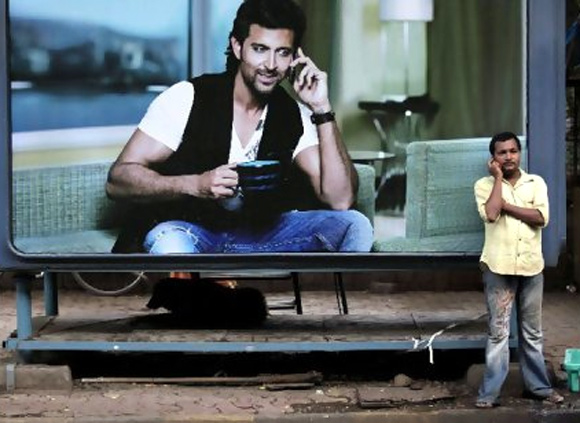
Trai has increased the spectrum user charge by 50 basis points because sharing of spectrum will result in higher revenue for both the operators.
Spectrum sharing was supposed to be the next big thing for the country's telecom sector: debt-laden service providers wouldn't have to set aside large sums of cash to buy spectrum in auctions, smaller players would be able to get a nationwide footprint quickly and inexpensively, and there would be more efficient use of the airwaves.
The recent recommendations of the Telecom Regulatory Authority of India, or Trai, in this regard have fallen short of expectations.
While admitting that pooling enhances spectral efficiency, Trai has imposed riders that will make spectrum sharing a non-starter.
Please click NEXT for more...

First of all, two service operators can get into such an arrangement in a circle (the country is divided into 22 telecom circles) only if both own spectrum in the same band.
This restricts the scope for sharing of spectrum. It also rules out the possibility of an operator which doesn't own spectrum in a circle from launching there.
Two, Trai has recommended caps on spectrum sharing: 50 per cent of the spectrum assigned in a band. But it is the large operators that need additional spectrum more urgently.
Please click NEXT for more...

Three, in case of sharing between liberalised spectrum (bought in auction) and administrative spectrum (allotted in the pre-auction days at relatively low prices), the service will be limited to the one prescribed for the latter - mainly 2G services. Operators can't launch 3G or 4G services on shared administrative spectrum.
Four, even if one service operator wants to share the spectrum of another operator in a small area, the government will collect spectrum user charge from it for the whole circle.
For example, if in the Mumbai circle one operator needs to improve coverage at Nariman Point and decides to use the spectrum of another, spectrum user charge will be levied on the spectrum of the second operator for the whole, expensive circle, and not just for Nariman Point.
Trai has said that it is not possible to monitor the spectrum that is being shared at each cell site or area within a circle.
At the same time, Trai has increased the spectrum user charge by 50 basis points because sharing of spectrum will result in higher revenue for both the operators.
Please click NEXT for more...

Finally, Trai has also said that spectrum can be shared between only two operators, not three.
The objective of sharing was to aid spectrum-starved large operators such as Bharti Airtel, Vodafone and Idea Cellular; and help smaller players such as Mahanagar Telephone Nigam and Bharat Sanchar Nigam, which own large chunks of unused spectrum, create new streams of revenue.
But these clauses in the Trai recommendations restrict that. Consider 3G. Bharti Airtel owns 3G spectrum in 13 circles, Vodafone in nine and Idea Cellular in 11.
Circles where at least two have spectrum are few. So there isn't much sharing of such spectrum possible.
Moreover, where there are two operators, each has already hit the cap of 50 per cent spectrum.
This is perhaps why the initial euphoria after the guidelines were made public by Trai died down quickly.